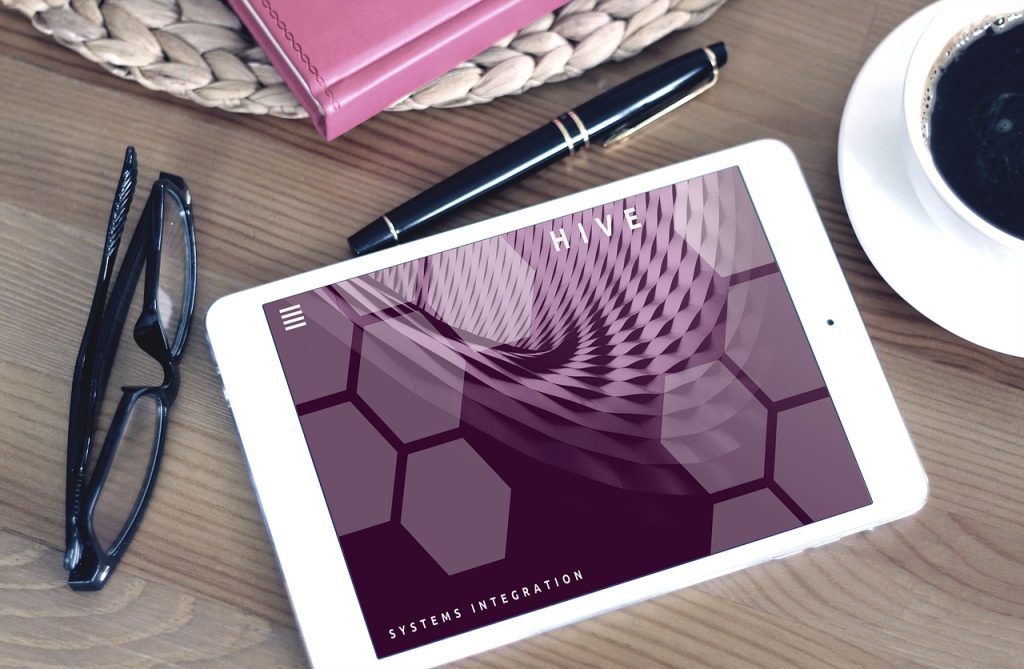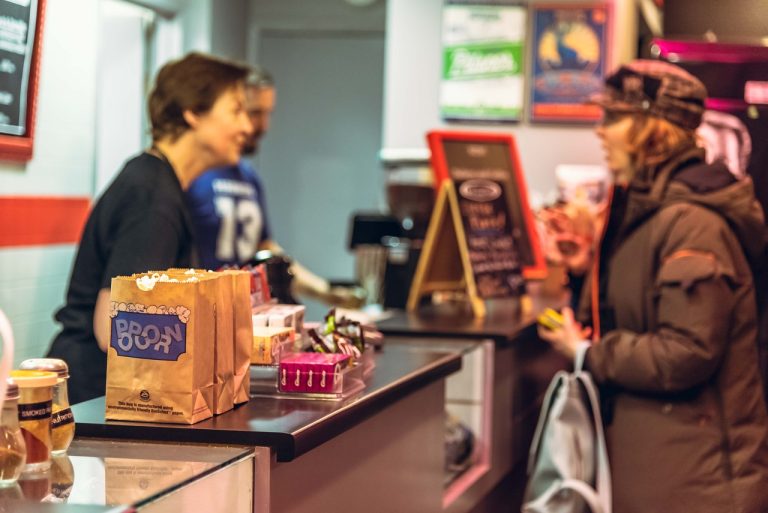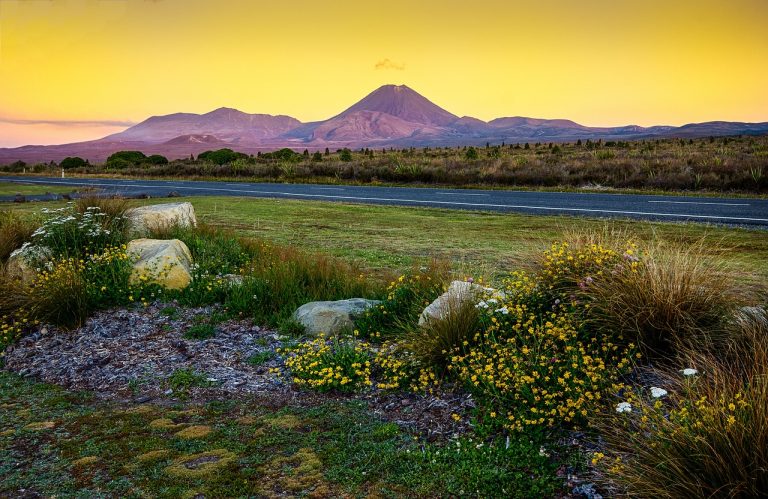
In today’s fast-paced digital world, social media has become a powerful force that shapes our entertainment preferences. Gone are the days when we relied solely on traditional media to decide what to watch or listen to. Now, platforms like Instagram, TikTok, and Twitter are at the forefront of influencing our choices, often determining the next big hit before it even hits the mainstream. Have you ever found yourself binge-watching a show just because it was trending on social media? You’re not alone!
Social media acts as a dynamic marketplace for entertainment, where recommendations and reviews can spread like wildfire. With just a click, a friend’s post or an influencer’s shout-out can ignite interest in a new movie or a music album. This phenomenon is not just about personal preferences; it’s about the collective experience that social media fosters. Think about it—when you see a hashtag trending, it creates a sense of urgency and curiosity, compelling you to join in on the conversation and experience what everyone is talking about.
Moreover, the algorithms behind these platforms play a crucial role in curating our feeds. They analyze our past interactions to suggest content that aligns with our interests. This personalized approach not only influences what we see but also shapes our overall consumption habits. As a result, we may find ourselves gravitating towards genres or artists we might not have explored otherwise. The impact is profound, making social media a pivotal player in the entertainment industry.
As we move forward, the relationship between social media and entertainment will continue to evolve. Understanding this impact is essential for both consumers and creators alike, as it will dictate the future landscape of how we engage with our favorite shows, music, and more.
The Rise of Influencer Culture
In today’s digital age, influencers have become the modern-day gatekeepers of entertainment. With their vast followings on platforms like Instagram, TikTok, and YouTube, they hold the power to shape our viewing habits and preferences. Have you ever wondered why you suddenly feel the urge to binge-watch a show? Chances are, an influencer you follow raved about it! Their recommendations can create a ripple effect, turning obscure indie films into viral sensations.
These influencers leverage their platforms to promote not just movies and TV shows, but also music and other forms of entertainment. By sharing snippets, reviews, and personal anecdotes, they create a sense of authenticity that resonates with their audience. It’s like having a friend who always knows what to watch or listen to! According to recent studies, over 70% of young adults report that they trust influencer recommendations more than traditional advertising. This trust is a powerful tool that content creators are increasingly tapping into.
Moreover, influencers often foster a sense of community among their followers. They encourage discussions and interactions about the content they promote, which enhances viewer engagement. For instance, a popular influencer might host a live stream to discuss the latest season of a hit series, inviting fans to share their thoughts and theories. This creates a vibrant fandom where viewers feel connected not only to the content but also to each other.
As we move forward, it’s clear that the rise of influencer culture is not just a trend; it’s a fundamental shift in how we consume entertainment. Traditional marketing strategies are being redefined, and understanding this dynamic is crucial for anyone looking to succeed in the entertainment industry. So, the next time you find yourself drawn to a new show or album, take a moment to consider the influence behind your choice!
Algorithmic Recommendations
In today’s digital age, have become the backbone of how we discover and consume entertainment. Ever wondered why you keep seeing the same types of movies or songs pop up on your feed? That’s no accident! Social media platforms like Netflix, YouTube, and Spotify utilize complex algorithms that analyze your behavior, preferences, and even the time you spend on specific content. This personalized approach means that the content you are exposed to is tailored just for you, creating a unique viewing and listening experience.
These algorithms work by gathering data on various factors, such as:
- Your viewing history
- Engagement metrics (likes, shares, comments)
- Time spent on specific genres or topics
- Demographic information
By analyzing this data, platforms can predict what you might enjoy next, effectively influencing your entertainment choices. For instance, if you binge-watch a series about a superhero, the algorithm is likely to recommend similar shows or movies, keeping you glued to the screen. This creates a cycle where your preferences dictate what you see, and in turn, what you choose to watch or listen to.
However, it’s not all sunshine and rainbows. While these recommendations can enhance our entertainment experience, they can also lead to a filter bubble, where we only see content that aligns with our existing tastes. This can limit our exposure to diverse genres and new ideas, making it crucial to occasionally step outside our comfort zones. So, the next time you find yourself lost in a sea of recommendations, remember that these algorithms are not just guessing—they’re shaping your entertainment landscape!
Trends in Content Consumption
In today’s digital age, the way we consume content has undergone a radical transformation, largely driven by the influence of social media. Gone are the days when we would sit down for a scheduled television show; now, we find ourselves engulfed in a world where binge-watching and short-form videos reign supreme. This shift has not only altered our viewing habits but has also reshaped our expectations of entertainment.
One of the most significant trends is the rise of binge-watching. Platforms like Netflix have capitalized on this phenomenon by releasing entire seasons of shows at once. This approach allows viewers to immerse themselves fully in a storyline, creating a sense of urgency and excitement. Imagine being able to watch your favorite series without the agonizing wait between episodes—it’s like having a never-ending rollercoaster of entertainment at your fingertips!
Moreover, the popularity of short-form videos on platforms like TikTok and Instagram has changed the landscape of content consumption. These bite-sized clips cater to our dwindling attention spans, allowing us to consume entertainment in a flash. It’s like snacking on popcorn instead of sitting down for a full-course meal—quick, satisfying, and often addictive!
Social media also plays a crucial role in shaping these trends. The algorithms behind platforms are designed to keep us engaged, constantly suggesting new content based on our viewing habits. This creates a feedback loop where the more we watch, the more tailored our recommendations become. It’s a powerful tool that can either enhance our entertainment experience or lead us down a rabbit hole of endless scrolling.
In conclusion, the trends in content consumption are a reflection of our fast-paced lives and the ever-evolving digital landscape. As we navigate this new reality, it’s essential to understand how these shifts impact our choices and the entertainment industry as a whole. The future promises even more exciting developments, and we can only imagine what’s next!
Community Engagement and Fandom
In today’s digital age, community engagement has transformed the way fans interact with their favorite entertainment. Social media platforms serve as vibrant hubs where individuals can connect, share, and celebrate their passions. Just think about it: how often do you find yourself scrolling through your feed, discovering fan art, memes, or discussions about the latest episode of a show you love? This phenomenon has given rise to a new kind of fandom—one that thrives on collaboration and shared experiences.
Fans are no longer passive consumers; they are active participants in the entertainment landscape. Social media allows them to create content, whether it’s through fan fiction, video edits, or even organizing virtual watch parties. This engagement not only fosters a sense of belonging but also amplifies the reach of shows, movies, and music. For instance, when a popular series releases a new season, the buzz generated on platforms like Twitter or Instagram can lead to a significant boost in viewership. It’s like a ripple effect, where excitement spreads rapidly among communities.
Furthermore, social media enables fans to engage directly with creators and influencers. Imagine being able to tweet your favorite actor and receiving a reply! This level of interaction creates a personal connection that enhances loyalty. Fans feel valued and heard, which can significantly influence their viewing choices. The power of community engagement is undeniable, as it cultivates a vibrant culture of fandom that can make or break entertainment trends.
To illustrate this impact, consider the following table that highlights key aspects of community engagement:
| Aspect | Impact on Fandom |
|---|---|
| Content Creation | Fans generate their own interpretations, enriching the original material. |
| Direct Interaction | Fans can connect with creators, leading to stronger loyalty. |
| Shared Experiences | Organizing events like watch parties enhances community bonds. |
In conclusion, the intersection of social media and fandom is a dynamic force that shapes entertainment choices. As fans continue to engage and collaborate, they not only influence what becomes popular but also redefine the very essence of community in the entertainment realm.
The Future of Entertainment Marketing
As we look ahead, the landscape of entertainment marketing is set for a dramatic transformation, driven primarily by the relentless evolution of social media. With platforms constantly updating their algorithms and features, marketers must adapt to stay relevant. Imagine a world where your favorite movie trailers pop up just as you’re scrolling through your feed, tailored specifically to your tastes. This is not just a dream; it’s the future of personalized marketing.
One of the most exciting aspects of this future is the rise of interactive content. Audiences are no longer passive viewers; they want to engage, participate, and even influence the narratives they consume. Think about it: how often do you see polls, quizzes, or live Q&A sessions with creators on social media? These interactions not only build anticipation but also foster a sense of ownership among fans. As a result, brands that embrace this two-way communication will likely see a surge in loyalty and engagement.
Moreover, the role of data analytics cannot be overstated. With the vast amount of data generated on social media, marketers can gain invaluable insights into consumer behavior. By analyzing trends and preferences, they can create targeted campaigns that resonate on a personal level. For instance, if a particular genre is trending among a specific demographic, marketers can pivot their strategies to capitalize on that interest.
In addition, the emergence of virtual reality (VR) and augmented reality (AR) is set to revolutionize how we experience entertainment. Imagine attending a live concert from the comfort of your living room or exploring a movie set through your smartphone. This immersive experience not only captivates audiences but also opens up new avenues for marketing strategies.
In conclusion, the future of entertainment marketing is bright, filled with opportunities for innovation and connection. As social media continues to shape our viewing habits, staying ahead of the curve will be crucial for content creators and marketers alike. Embracing new technologies and understanding audience dynamics will be key to thriving in this ever-evolving landscape.





